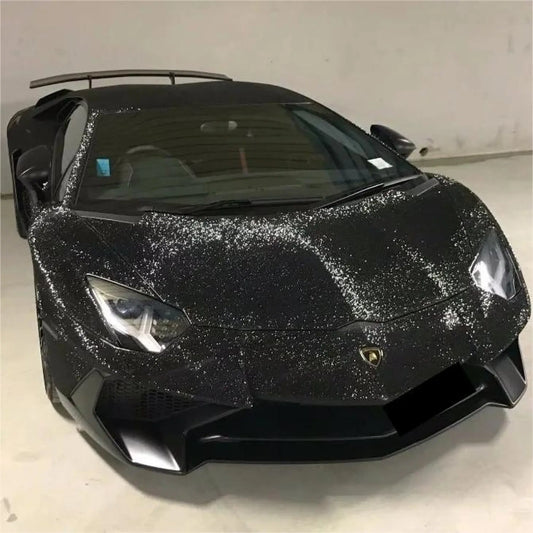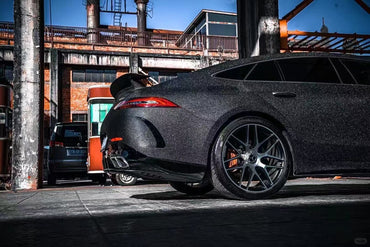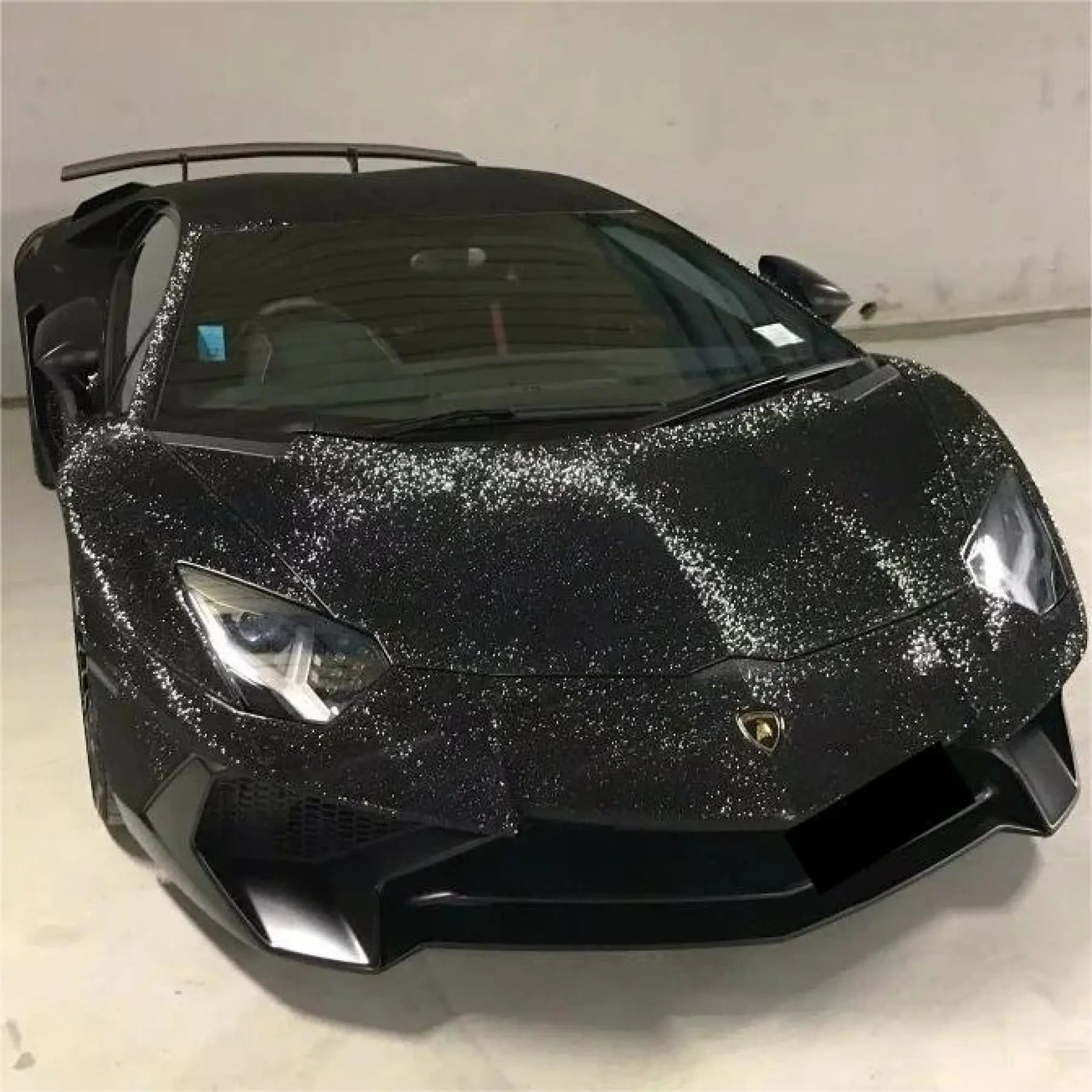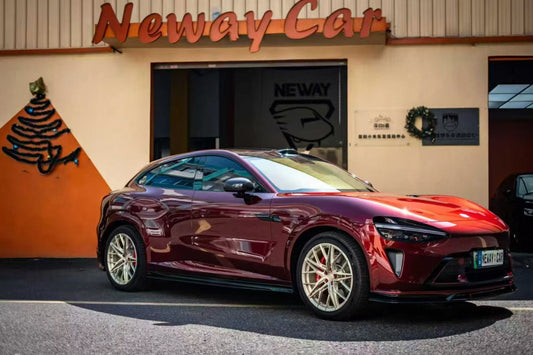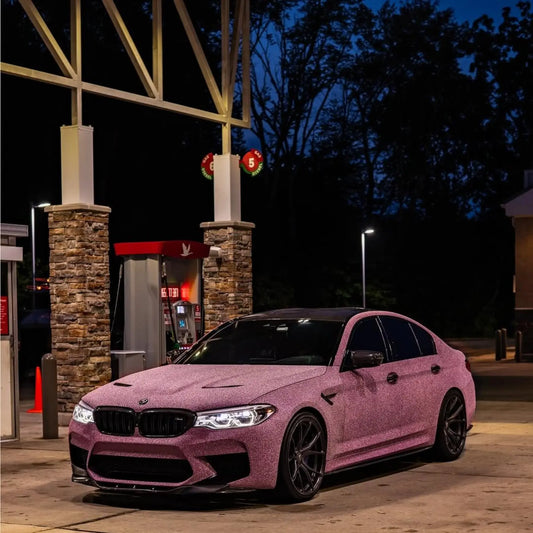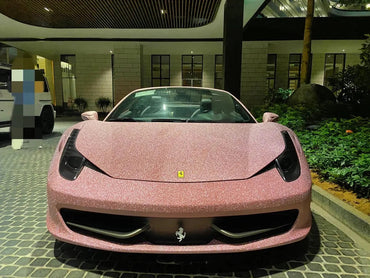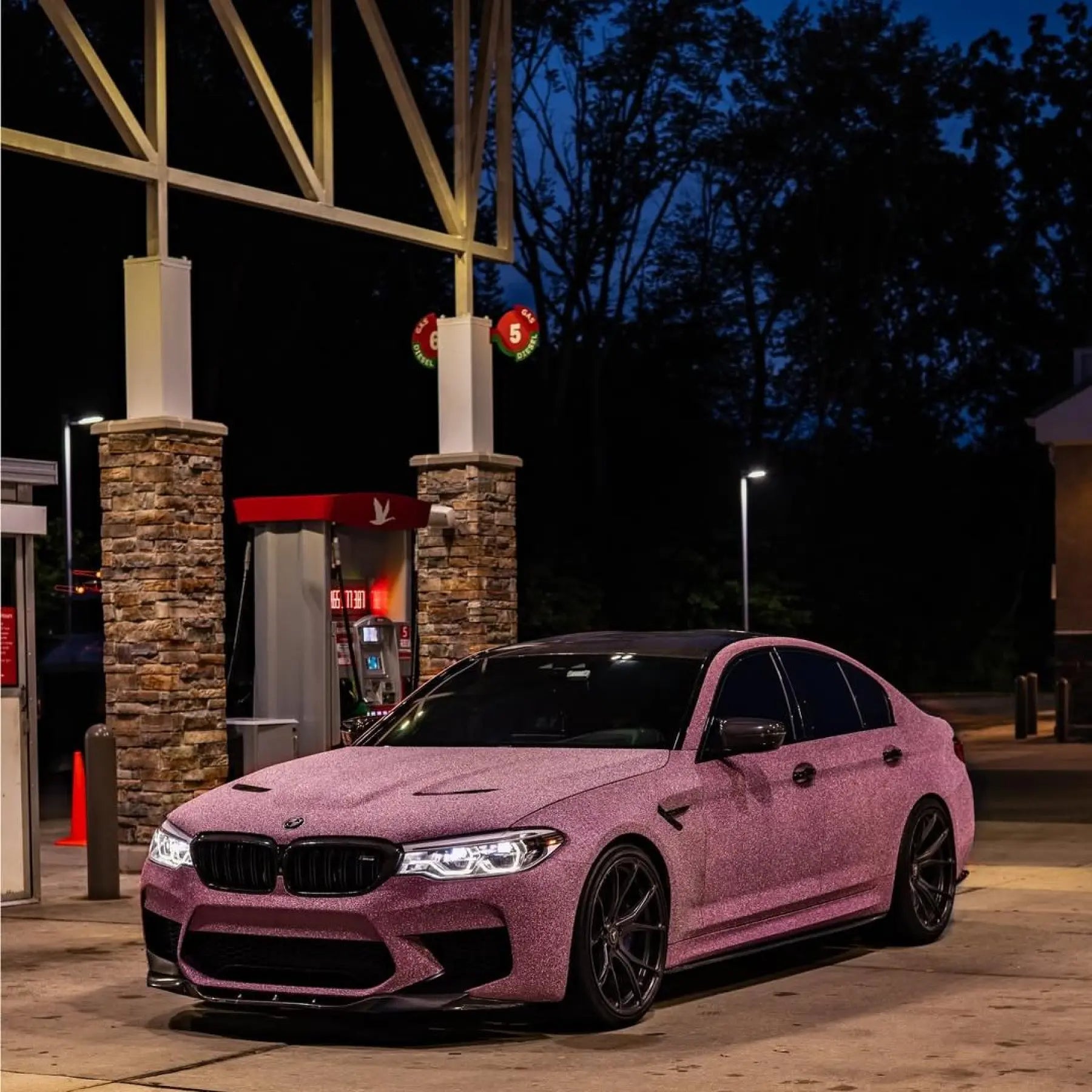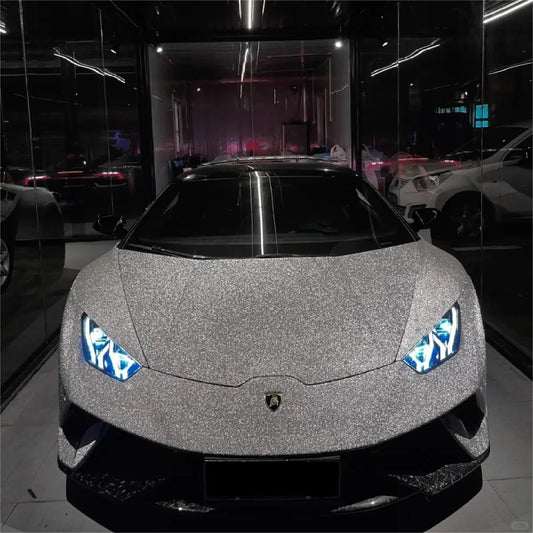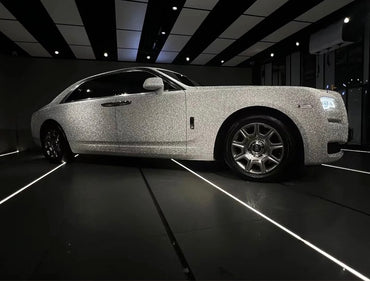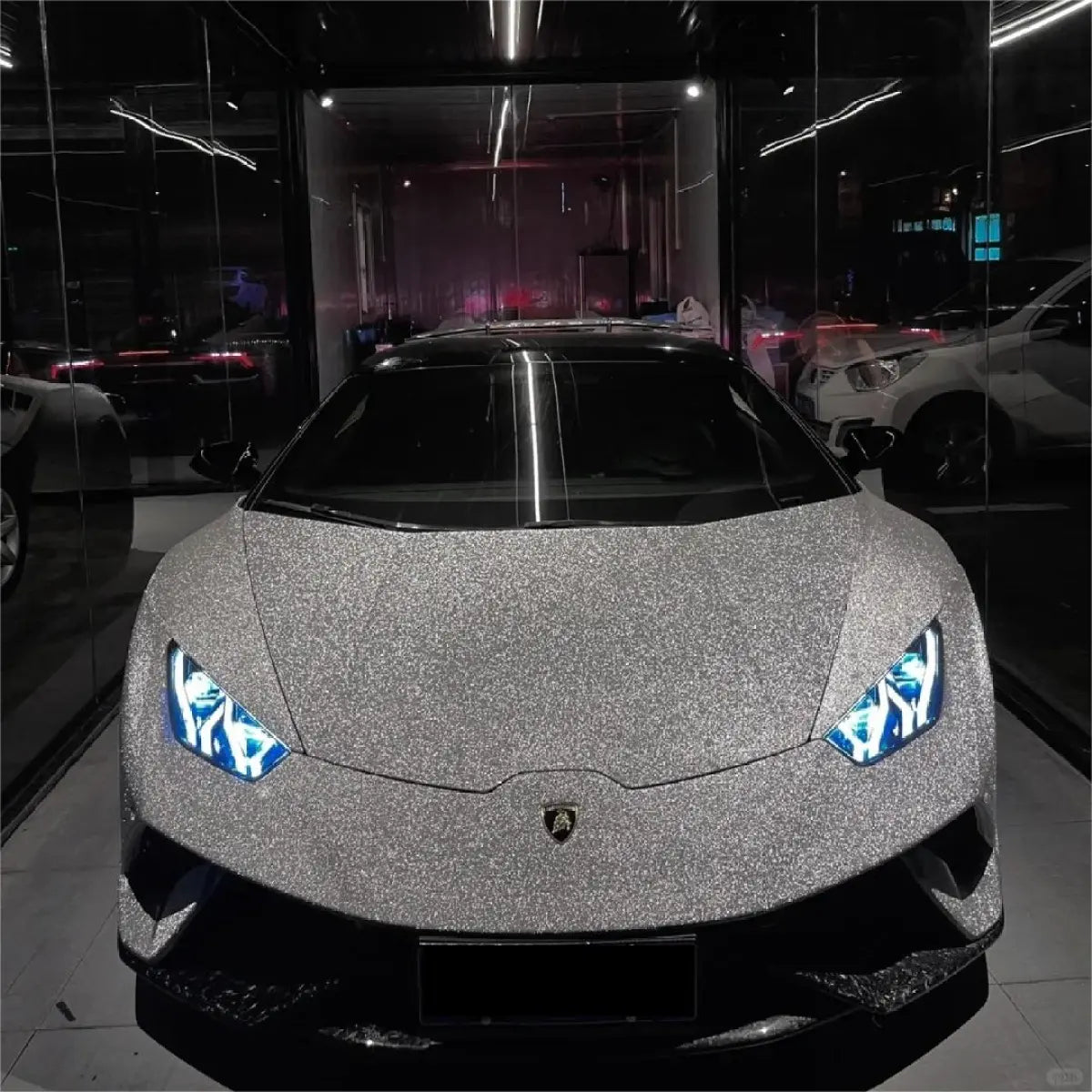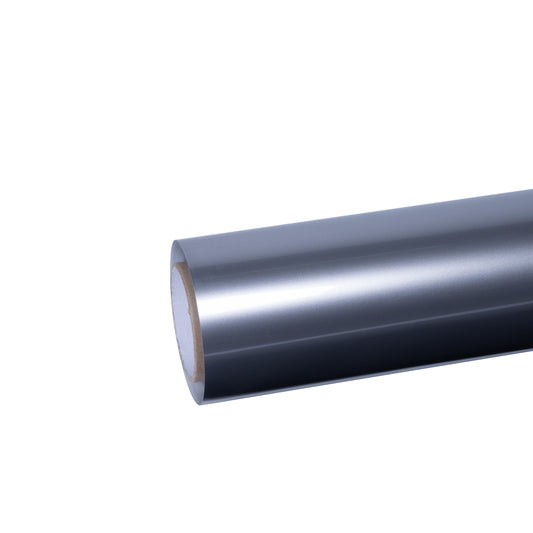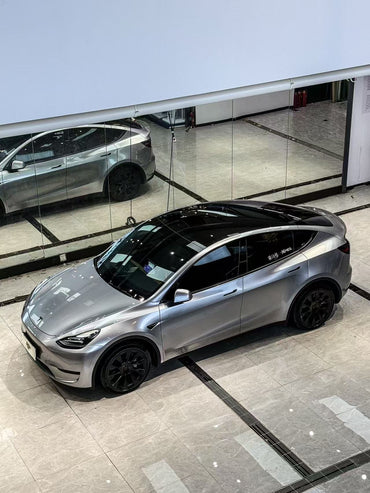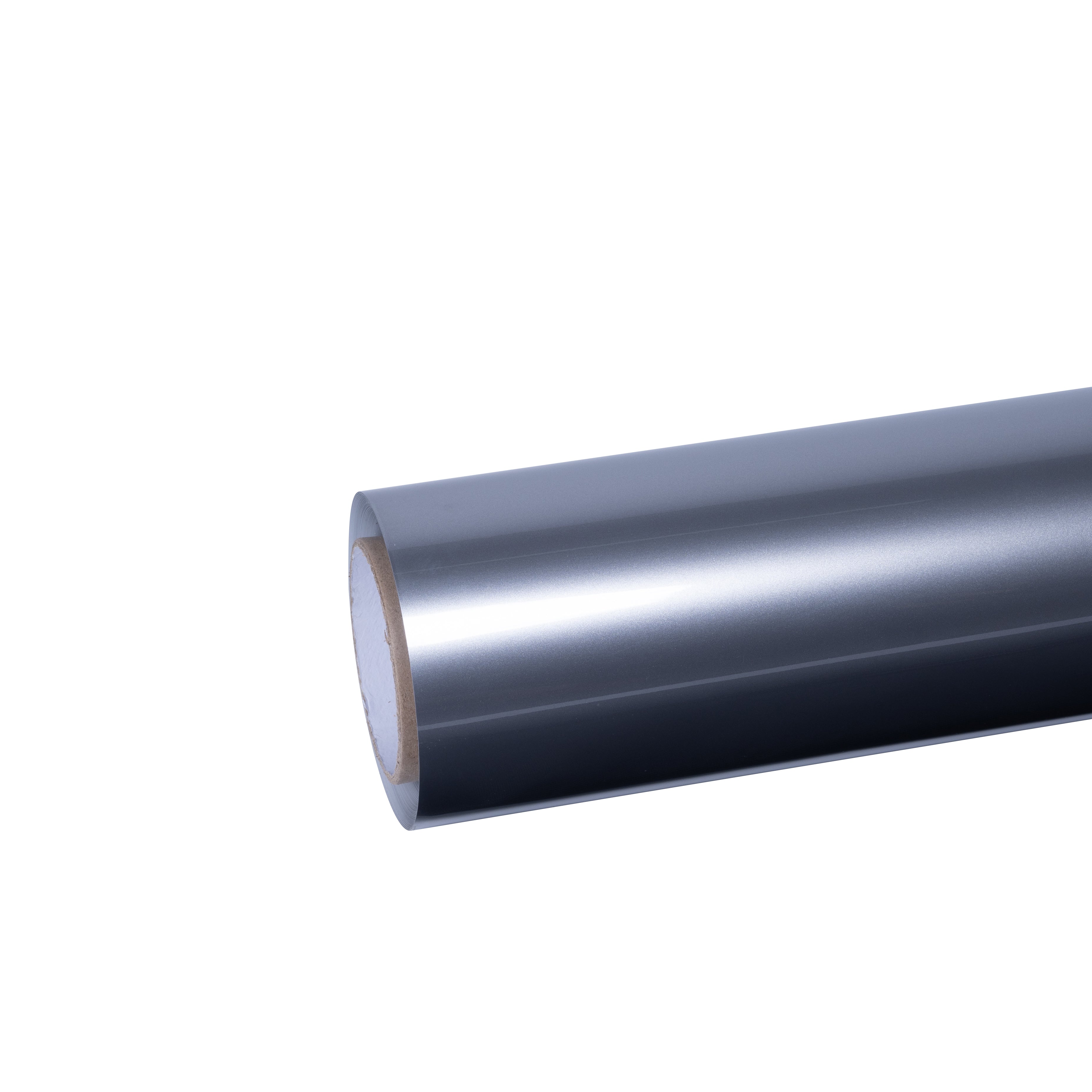Understanding How Climate Impacts Vinyl Wraps
Vehicle wraps face constant environmental challenges. UV radiation can cause fading and brittleness, extreme heat may lead to warping and peeling, while freezing temperatures can make vinyl rigid and prone to cracking. High humidity creates moisture traps that compromise adhesion, and road salt in winter climates can corrode and stain your wrap's surface.
The automotive wrap industry has responded to these challenges with innovative materials designed for specific environmental conditions. Modern wraps now feature UV stabilizers, thermal-resistant adhesives, and self-healing technologies that repair minor scratches when exposed to heat.
Hot Climate Solutions: Wraps That Beat the Heat
If you live in sun-drenched regions like Arizona, Southern California, or Texas, your wrap needs exceptional UV resistance and thermal stability. Ultraviolet radiation is the primary enemy in hot climates, capable of degrading inferior materials within just two years.
Premium PPF for Maximum Protection
Our TPU Paint Protection Film collection offers the ultimate defense against harsh sun exposure. These thermoplastic urethane films can withstand temperatures up to 200°F without warping or peeling, while their built-in UV stabilizers prevent color fading for up to seven years.
The Gloss Crystal series in our TPU collection provides a protective barrier that shields your original paint from UV damage, road debris, and minor scratches. Unlike traditional vinyl wraps, paint protection film is thicker and stronger, making it ideal for high-temperature environments where thermal expansion and contraction occur daily.
Heat-Resistant Vinyl Options
For those seeking both protection and customization, our Metallic Vinyl Wrap collection offers excellent heat dissipation properties. Metallic finishes help reflect sunlight rather than absorbing it, keeping surface temperatures lower than darker colors.
Our Liquid Chrome Wrap series combines stunning aesthetics with superior UV resistance. The chrome finish naturally deflects heat and maintains its brilliance even under intense sunlight, making it a popular choice for luxury vehicles in hot climates.
Pro Tip for Hot Climates: Avoid wrapping horizontal surfaces like hoods and roofs with heat-absorbing colors such as deep blacks or reds. These colors can reach extreme temperatures that accelerate material degradation.
Cold Climate Considerations: Winter-Proof Your Wrap
Freezing temperatures present unique challenges for vehicle wraps. Cold weather makes vinyl less flexible, increasing the risk of cracking, while road salt used for ice melting can corrode and stain wrap surfaces.
Flexible Materials for Freezing Conditions
Our 3D Carbon Fiber Wrap collection features enhanced flexibility that remains pliable even in sub-zero temperatures. Quality carbon fiber wraps are engineered to handle temperatures as low as -40°F without becoming brittle or developing cracks.
The Ultra Matte Wrap collection offers another excellent option for cold climates. Matte finishes are less prone to showing minor imperfections that may occur from thermal contraction, and they maintain their sophisticated appearance throughout harsh winters.
Adhesive Technology Matters
Cold-weather performance depends heavily on adhesive quality. Our wraps feature advanced adhesives formulated to maintain strong bonds even during extreme temperature fluctuations. This prevents the dreaded edge lifting that commonly occurs when inferior adhesives lose effectiveness in freezing conditions.
Winter Maintenance Essential: Regular removal of road salt is critical. Hand-wash your wrapped vehicle every one to two weeks during winter using pH-neutral car shampoo and warm (not hot) water to prevent salt corrosion.
Humid and Coastal Climate Strategies
Coastal regions and humid areas present challenges including moisture accumulation, salt air exposure, and intense UV reflection from water surfaces. These conditions require wraps with superior hydrophobic properties and enhanced adhesion.
Moisture-Resistant Solutions
Our Colored Paint Protection Film combines the dual benefits of color customization and superior moisture resistance. The hydrophobic properties allow water and liquid contaminants to bead up and slide off the surface, preventing water spots and moisture trapping.
The Glitter Sparkle Car Wrap collection features embedded sparkle particles sealed within multiple protective layers, preventing moisture penetration while creating an eye-catching finish that stands out in any coastal setting.
Salt Air Protection
Vehicles in coastal areas face constant exposure to salt-laden air, which can degrade inferior wraps quickly. Our Rainbow Laser Vinyl Wrap series includes protective overlaminates specifically designed to resist salt air corrosion while maintaining their stunning iridescent effects.
Multi-Climate Versatility: All-Weather Champions
For those who experience seasonal extremes or frequently travel across different climate zones, versatile wrap materials offer year-round reliability.
The Ultimate All-Weather Choice
Our Best Sellers collection features materials proven to perform across diverse environmental conditions. These wraps balance UV resistance, thermal stability, and moisture protection, making them ideal for regions with variable weather patterns.
The Dual Color Dream Vinyl Wrap collection showcases color-shifting technology that maintains its mesmerizing effects regardless of temperature or humidity levels. These chameleon-style wraps are engineered with advanced polymer materials that resist both heat degradation and cold brittleness.
Crystal Clear Durability
Our Crystal Vinyl Wrap series offers exceptional clarity and depth that won't yellow or haze over time, even with exposure to extreme temperatures and UV radiation. The multi-layer construction provides comprehensive protection while maintaining optical clarity.
Color Selection and Climate Correlation
Different colors perform differently across various climates. Understanding these relationships helps maximize your wrap's lifespan.
Light Colors for Hot Climates
Our White Wraps and Silver Wraps collections are ideal for scorching environments. Light colors reflect rather than absorb solar radiation, keeping surface temperatures significantly lower. White and silver wraps can reduce surface temperature by up to 30°F compared to black wraps in direct sunlight.
Dark Colors for Cold Climates
Conversely, our Black Wraps and darker shades from our Grey Wraps collection can be advantageous in colder regions. Dark colors absorb heat, which can help activate self-healing properties and maintain vinyl flexibility during brief sunny periods in winter.
Versatile Mid-Tones
Colors from our Blue Wraps, Green Wraps, and Red Wraps collections offer balanced performance across varied climates. These mid-tone colors provide visual impact while maintaining reasonable temperature regulation.
Installation Timing and Climate
Proper installation timing significantly impacts long-term wrap performance. Temperature-controlled environments are essential for optimal adhesion.
Temperature Requirements
Professional installers should apply wraps in environments between 60°F and 80°F with humidity levels below 60%. Cold temperatures make adhesives less effective, while excessive heat can cause premature tacking that leads to bubbles and wrinkles.
If you're considering DIY installation, our Sample Kits allow you to test materials and practice techniques before committing to a full vehicle wrap. Pair these with our Wrapping Tools collection for professional-quality results.
Maintenance Strategies by Climate
Climate-specific maintenance extends wrap longevity and preserves appearance.
Hot Climate Care
- Park in covered areas or use UV-resistant car covers whenever possible
- Apply vinyl-safe ceramic coatings every three to six months
- Hand-wash every one to two weeks to remove baked-in dirt and contaminants
- Avoid washing during peak heat hours; clean in early morning or evening
- Use pH-balanced car shampoo and soft microfiber towels
Cold Climate Care
- Rinse road salt off immediately after winter driving
- Avoid hot water washing, which can cause thermal shock
- Store vehicles in garages when possible to minimize freeze-thaw cycles
- Inspect edges regularly for lifting caused by temperature fluctuations
- Never scrape ice directly off wrapped surfaces
Humid Climate Care
- Dry vehicles thoroughly after washing to prevent water spots
- Apply hydrophobic coatings to enhance water beading
- Use dehumidifiers in garages to control moisture levels
- Clean wrapped surfaces more frequently to prevent mold growth
- Address any edge lifting immediately to prevent moisture intrusion
Emerging Technologies and Future-Proof Solutions
The vehicle wrap industry continues evolving with climate-resistant innovations. Self-healing wraps that repair minor scratches upon heat exposure are becoming standard in premium collections. Smart materials with enhanced UV blockers now extend lifespan to seven years or more in harsh conditions.
Biodegradable and eco-friendly wraps are gaining popularity among environmentally conscious consumers, particularly those concerned about <a href="https://climate.nasa.gov/" target="_blank">climate change</a>. These sustainable options deliver performance comparable to traditional materials while reducing environmental impact.
Making Your Final Selection
Choosing the right wrap material for your climate requires balancing several factors: environmental conditions, aesthetic preferences, protection level needed, and budget considerations.
For comprehensive protection in extreme climates, our Car Vinyl Wrap collection offers premium materials engineered for durability. Whether you prefer the subtle elegance of our Brown Wraps, the vibrant energy of our Orange Wraps and Yellow Wraps, or the bold statement of our Pink Wraps and Purple Wraps, we have climate-appropriate options for every style.
Conclusion
Your climate shouldn't limit your vehicle customization options. With proper material selection, professional installation, and climate-appropriate maintenance, your wrap can deliver stunning aesthetics and reliable protection for years to come.
Understanding how temperature extremes, humidity levels, UV exposure, and environmental contaminants affect different wrap materials empowers you to make informed decisions. Whether you're protecting a daily driver in Florida's intense heat, a luxury vehicle in Minnesota's brutal winters, or a show car in California's coastal climate, the right wrap material makes all the difference.
Explore our complete range of climate-tested, premium-quality wraps and find the perfect solution for your environmental conditions. With Sailifilm's extensive selection and advanced material technologies, you can transform your vehicle while ensuring long-lasting durability regardless of where you live or drive.


